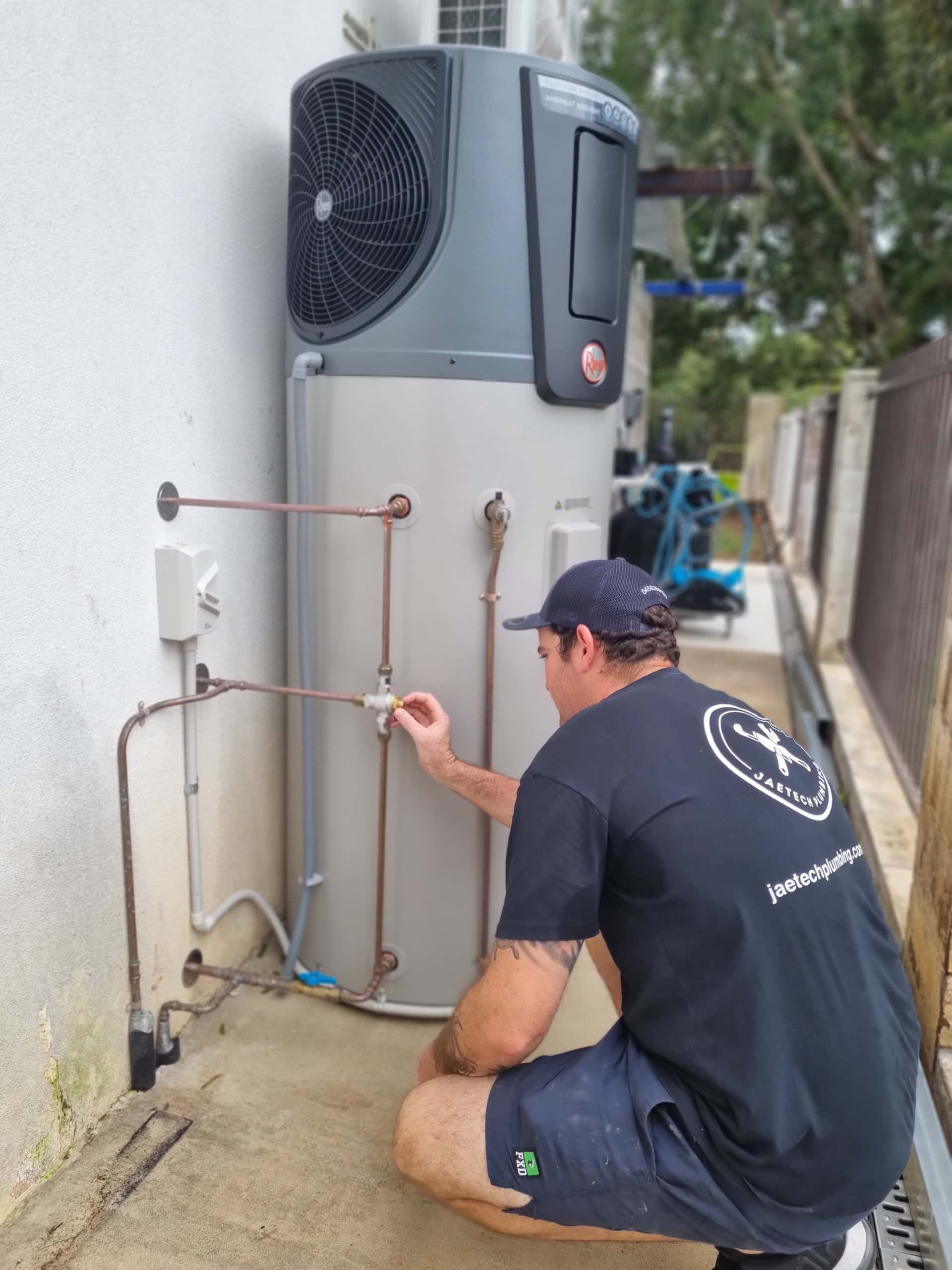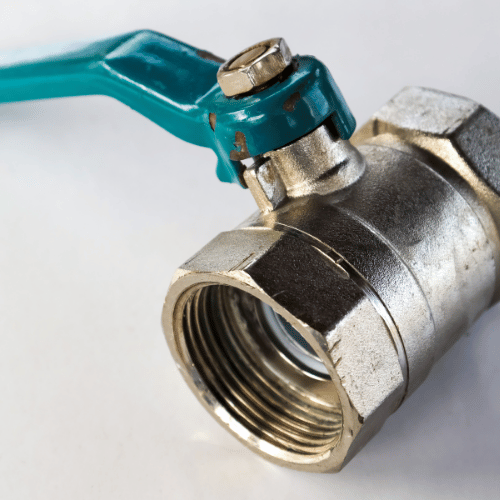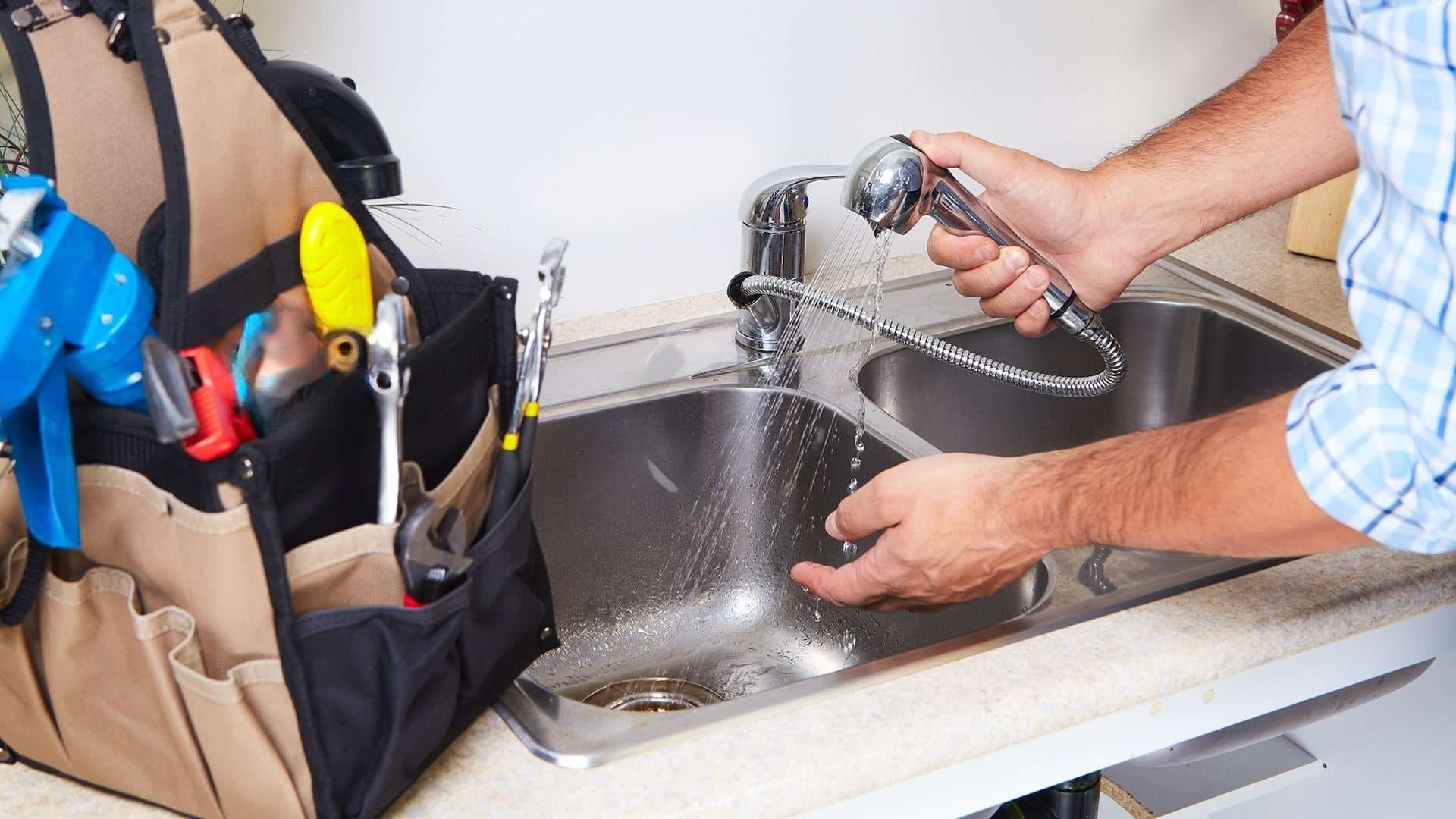When it comes to maintaining a safe and efficient home, plumbing is often an area that many homeowners overlook until problems arise. However, just like any other crucial system within your home, regular plumbing inspections are essential to ensure everything is functioning properly.
So, when is a plumbing inspection required?
- When buying or selling a property
- During Renovations or upgrades
- If you’re experiencing ongoing plumbing issues
- When required by your insurer or to meet council regulations
This guide from Jaetech Plumbing will explain what plumbing inspections involve, why they matter, how to prepare and what to expect on the day.
Understanding Plumbing Inspections
Plumbing assessments are thorough evaluations of a property’s plumbing system, including both water supply and drainage work. They are designed to identify potential issues, ensure compliance with council regulations and maintain safety and functionality. They also give homeowners and property managers a clearer picture of system performance, making it easier to plan maintenance or upgrades.
What a Plumbing Inspection Involves
An assessment covers both visible and hidden parts of the plumbing system. Using a systematic approach, the plumber checks each component to ensure it’s safe, functional and compliant.
- Checking for leaks
- Assessing the condition of pipes
- Testing water pressure and drainage efficiency
- Inspecting fixtures such as taps, toilets, and hot water systems
- Using camera scans for hard-to-reach areas when required
- Reviewing water supply connections and drainage work
Together, these checks give a full picture of the system’s condition and highlight any repairs or improvements needed.
Who Can Do a Plumbing Inspection?
Across Australia, plumbing inspections must be carried out by a licensed plumber or authorised plumbing inspector. These professionals are trained to detect hidden faults, ensure systems comply with Australian Standards, and issue the compliance certificates often required for insurance, renovations, or property sales, and, in many cases, provide the permit documentation needed for major plumbing or construction work. Choosing an unlicensed person not only risks fines and safety problems but can also leave you without the documentation you need to protect your home and its value.
Why Plumbing Inspections Are Important
Preventive Maintenance
Regular plumbing inspections help identify minor issues before they escalate into major problems. For instance, a small leak can lead to water damage and mould if left unaddressed. Catching problems early saves money and protects the integrity of your home.
Health and Safety
Faulty plumbing can pose health risks, such as contaminated water or mould growth from ongoing leaks. A professional review ensures your system meets health and safety standards, keeping your household safe.
Code Compliance
Every state and local council in Australia has plumbing codes designed to ensure systems are safe and efficient. Inspections confirm your plumbing meets these regulations, which is especially important when buying or selling a property.
Protecting Property Value
A well-maintained plumbing system adds value to your home. Keeping detailed service records reassures potential buyers that the property has been properly cared for, making it more attractive on the market.
Meeting Insurance Conditions
Some insurance companies may require periodic plumbing reports as part of their policy conditions. Having a professional report can help prevent disputes during claims, especially in cases of water damage.
Common Situations That Require an Inspection
- Buying or selling a property – A report gives buyers peace of mind that the plumbing is sound and provides sellers with a clear report that can prevent negotiations from falling through.
- Renovations – Before adding a new bathroom, kitchen, or laundry, an assessment can help confirm that the existing system can cope with the extra demand, that both the water supply and drainage work are up to standard, and that you have the right permits in place for the construction.
- Recurring plumbing issues – Persistent leaks, low water pressure or blocked drains often indicate deeper faults. A detailed check helps uncover the root cause rather than just treating the symptoms.
- Insurance or strata requirements – Many insurers and body corporates expect periodic reviews as part of their conditions, and having a record on hand can make claims much smoother.
- Routine maintenance – Even if nothing seems wrong, an annual check helps extend the life of your system and can stop minor wear from turning into a costly emergency.
How to Prepare for a Plumbing Inspection
Getting ready for a plumbing inspection makes the process smoother and ensures the plumber can do a thorough job. A few simple steps can help:
- Clear access points – Ensure areas around sinks, toilets, hot water systems and any crawl spaces are free of clutter so the plumber can easily reach them.
- Gather any records – If you have previous service reports, maintenance logs, or warranty documents, have them on hand as they can provide valuable insight into areas that may have.
- List known issues – Write down any recurring problems, such as low water pressure, strange noises, or leaks, so the plumber knows exactly what to check.
- Check outdoor areas – Ensure external drains, openings and water meters are accessible.
What to Expect During the Inspection
During an inspection, your plumber will work through a checklist to make sure the system is safe, efficient, and compliant. This usually involves:
- Checking pipes and fixtures – Inspecting taps, toilets, showers, and visible pipework for leaks, corrosion, or wear.
- Testing water pressure and flow– Measuring pressure and drainage to confirm the system is working efficiently.
- Hot water systems – Examining tanks, fittings, and connections to ensure they are safe, efficient, and up to standard.
- Assessing drains and sewer lines – Using specialised tools, such as cameras, if needed, to identify blockages or hidden damage.
- Providing a written report – Summarising findings, noting any issues, and recommending repairs or upgrades if necessary.
Final Takeaway
Plumbing inspections are required in many situations and are one of the most effective ways to maintain a safe and efficient home. By arranging inspections with a licensed plumber, you can identify hidden problems early, stay compliant with council and insurance requirements and protect the value of your property. Whether prompted by a sale, renovation, or as part of routine maintenance, an inspection provides peace of mind that your plumbing system is reliable and built to last.



